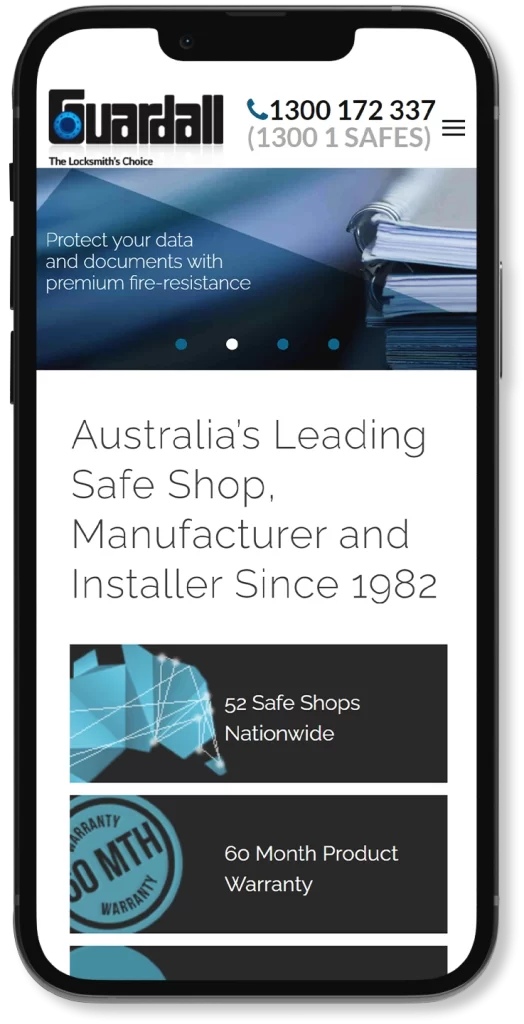Recently updated on January 11th, 2024 at 01:14 pm
SEARCH ENGINE OPTIMISATION
Boost Your Website Traffic
Enter your website URL here to learn how to get on top of Google search results

Stay on top of Google search results with precise Keyword Targeting and Content.
Our search engine optimisation (SEO) analysts target relevant keywords and develop metadata to drive quality traffic to your website. We focus on creating content on the pages – including video and blogs – and ensuring that users are engaged and converting.



SEO Services we Offer

Keyword Selection and Content

User Experience

SEO Reporting

Authority Backlinks
Help me boost my website
SEO Services
We Offer

Keyword Selection and Content

Authority Backlinks

User Experience

SEO Reporting
Help me boost my website
Why SEO?
Long Term SEO Partnerships
We love to get things done efficiently, and our systemised methods mean all SEO tasks are executed in a fast and effective manner. We report your SEO results every month and always aim to put you at ease with any technical explanations. In our years of experience, we are well known for our excellent communication skills. You will have one point of contact, and we always strive to ensure you are valued.
GETTING THE RIGHT MESSAGE
To the right audience
From the selection of keywords to messaging in the metadata through to content on the landing page, we select keywords that drive quality traffic to your site.
We possess the technical strengths from faster page speeds that keep your visitors on your site longer to the correct use of HTML tags that help search engines index your site. We build relevant quality links that boost your page ranks.
A solid understanding of our clients’ business helps us to synchronise their SEO strategy to their business outcomes. With our holistic view of the big picture, clients benefit from an accumulated momentum of all their marketing initiatives working together.
Metadata
Keywords
Content
Personal Attention
Partner
Communication
FIT WITH THE CULTURE OF
Your business
We understand what it means to own and run a business, and we know how important it is to feel confident in your choice of partner. We have many long-standing clients with relationships built up over years of trust and clear communication. That’s why we selectively manage a number of SEO clients so we can give our 100% personal attention.
We love to get things done efficiently, and our systemised methods mean all the SEO tasks are executed in a fast and effective manner—you see results quicker. We report your SEO results on a monthly basis and always aim to put our clients at ease with any technical explanations. Well known for our excellent communication, you will have one point of contact, and we always strive to ensure our clients are valued.
Talk to Spark,
your SEO agency.
Listen to our client stories…
Watch Dale’s Story
Recently updated on September 16th, 2021 at 04:56 pm
“They’re genuine. You feel they really want to understand your business”
Watch Joe’s Story
Recently updated on September 16th, 2021 at 04:57 pm
“Spark is like part of our family”.
SEO FAQs
Search engine optimisation (SEO) is the process of optimising your web pages to rank on Google for specific keywords relevant to your business. SEO refers to ranking organic results which are free and differ from paid listings. Essentially optimising is a process of placing the correct content with the relevant keywords on your website pages and allowing Google to find and rank that page.
Digital marketing is a term used to define all forms of marketing performed on the internet. Search Engine Optimisation (SEO) is one of the elements that make up the digital marketing process. The SEO strategy focuses on getting specific keywords ranked in Google’s organic search results to get maximum results.
The fastest way to get your website pages ranking in Google is by using Google Ads. With Google Ads you pay for each click on your ad. If you are prepared to pay the click rate, you can bid for the top spot and have potential customers to your website in a matter of hours. SEO on the other hand is slower and free, but it requires patient work to optimise your website pages for your target keywords.
As Google’s ranking algorithm gets revised constantly, it is important to know where your website ranks at any point in time. You can track your website’s ranking through a free tool provided by Google called Search Console. Once you sign up for Google’s online tool, you can gain important information about your site within the Google landscape. For example, you can see the main terms that visitors use to find your website and how your web pages rank for these search terms over a period of time. If analysed well, this tool can provide invaluable insights that will sharpen your SEO decision making.
So what is the difference between SEO and local SEO? While both processes contribute to getting a website found in organic search results, the key difference is in the geographical reach. Traditional SEO allows a site to be found on a national or global scale, while local SEO focuses on getting results within a localised area.
For someone searching on Google, the map and the first 3 results are businesses that are local. These businesses are highly relevant to the searcher who will most likely choose a local business for convenience. For local businesses, this translates into more relevant traffic and greater chances of a sale.
The answer is a resounding yes! Why we know the speed of your website impacts your SEO rankings:
- Speed has always affected SEO results, however the 2018 Google’s Algorithm Speed Update made it clear that speed was a ranking factor in mobile search results.
- A slow website increases the bounce rate and reduces the time a visitor is prepared to spend on a website. This bounce rate factor lowers your website’s score in the ranking game. By boosting your website speed you will satisfy Google and your customers. It’s a win-win!
Organic search results on Google, Bing and other search engines are the free listings that appear when someone searches a particular keyword or phrase. The revenue model of most search engines are based on paid advertising and as a result the organic search results appear lower down. These however are generally a more trusted source by searchers.

